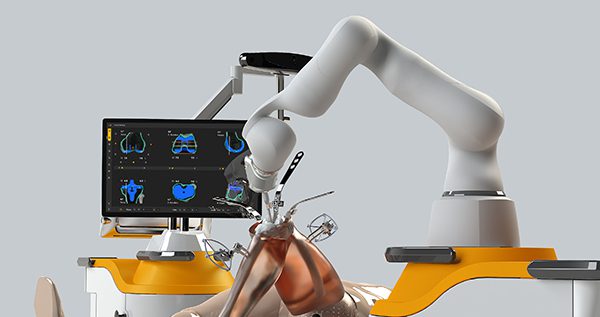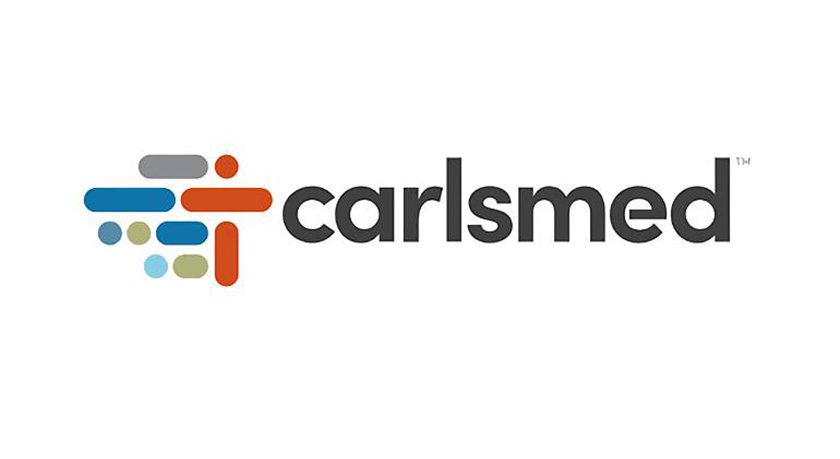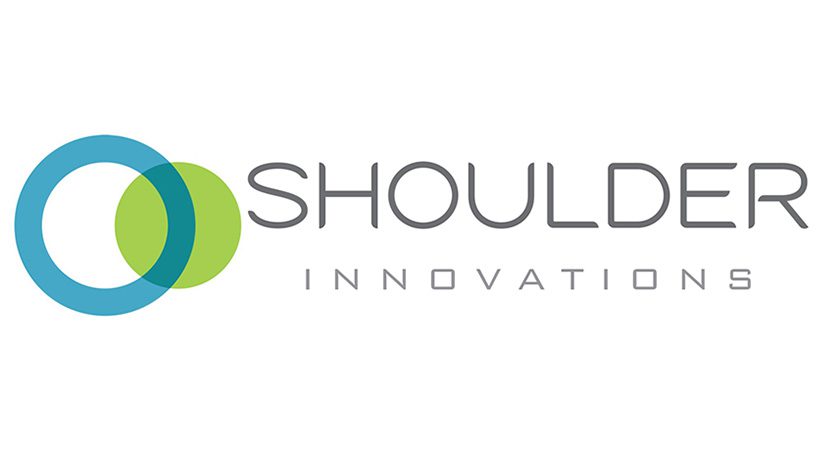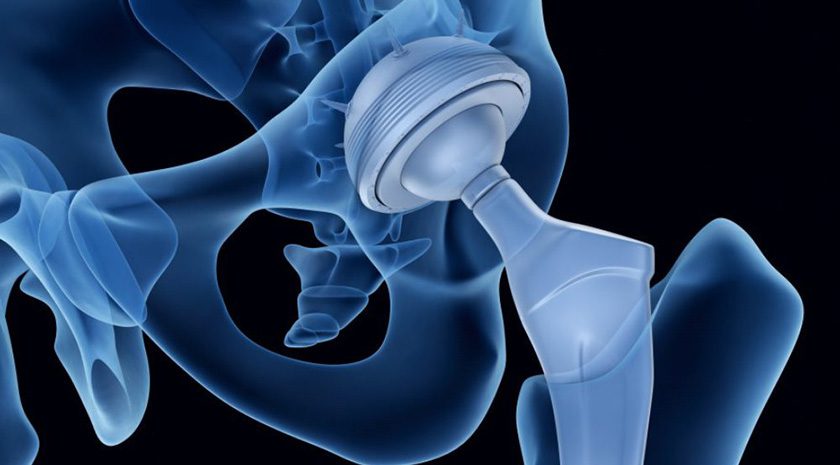

 Copy to clipboard
Copy to clipboard 
Monogram Orthopedics has crossed a 5,000 Series B investor milestone on crowdfunding platform StartEngine. Aiming to personalize the $19.6 billion joint replacement market through artificial intelligence, robotics and 3D printing, Monogram Orthopedics is targeting a $34 million raise to scale and bring their technology to market. The company expects to kick off its personalized approach with its first total knee arthroplasty (TKA) implant FDA submission planned for later in 2021.
To date, the company has raised over $20 million and is currently raising up to $34 million in its active Series B round. Proceeds will help commercialize technology that meets the need for knee replacement technology that is well suited for active patient lifestyles, with minimized risk for additional surgeries down the line.
Monogram believes that much patient dissatisfaction and many implant failures and surgical complications can be easily mitigated and are in fact unnecessary with technology advances, such as those they are developing.
Thanks to improvements in robotics, new manufacturing techniques like 3D printing of medical-grade titanium alloys and new machine learning image processing techniques, opportunities to exploit technology and significantly improve patient quality of life are emerging. Reportedly, 50% of knee replacements will be performed robotically by 2027, a fivefold increase in less than six years. Interestingly, all joint replacement procedures using robotic assistance today continue to use “off-the-shelf” implants. A more personalized approach offers the potential to disrupt the orthopedics field. Monogram aims to do this with a “one-size fits none” model by offering patients an enhanced individualized fit, well suited for each patient’s individual needs.
Monogram Orthopedics’ proprietary approach to TKA surgeries will address major problems in joint replacement, including mechanical loosening, bone loss, dislocation, ease of revision and fracture. Using the Monogram software platform and product solution architecture, surgeons will be able to design optimized implants that improve stability and physiological loading.
The company’s research suggests that implants can be inserted into the patient’s anatomy with more precision and notable improvement. In a laboratory test at the University of Nebraska Medical Center, a procedure was performed benchmarking against a competitor’s technology, which is one of the most clinically and commercially successful knees on the market, and showed the competitive product had up to 630% more micromotion than the Monogram implant placed with their surgical robot.
Source: Monogram Orthopedics
Monogram Orthopedics has crossed a 5,000 Series B investor milestone on crowdfunding platform StartEngine. Aiming to personalize the $19.6 billion joint replacement market through artificial intelligence, robotics and 3D printing, Monogram Orthopedics is targeting a $34 million raise to scale and bring their technology to market. The company...
Monogram Orthopedics has crossed a 5,000 Series B investor milestone on crowdfunding platform StartEngine. Aiming to personalize the $19.6 billion joint replacement market through artificial intelligence, robotics and 3D printing, Monogram Orthopedics is targeting a $34 million raise to scale and bring their technology to market. The company expects to kick off its personalized approach with its first total knee arthroplasty (TKA) implant FDA submission planned for later in 2021.
To date, the company has raised over $20 million and is currently raising up to $34 million in its active Series B round. Proceeds will help commercialize technology that meets the need for knee replacement technology that is well suited for active patient lifestyles, with minimized risk for additional surgeries down the line.
Monogram believes that much patient dissatisfaction and many implant failures and surgical complications can be easily mitigated and are in fact unnecessary with technology advances, such as those they are developing.
Thanks to improvements in robotics, new manufacturing techniques like 3D printing of medical-grade titanium alloys and new machine learning image processing techniques, opportunities to exploit technology and significantly improve patient quality of life are emerging. Reportedly, 50% of knee replacements will be performed robotically by 2027, a fivefold increase in less than six years. Interestingly, all joint replacement procedures using robotic assistance today continue to use “off-the-shelf” implants. A more personalized approach offers the potential to disrupt the orthopedics field. Monogram aims to do this with a “one-size fits none” model by offering patients an enhanced individualized fit, well suited for each patient’s individual needs.
Monogram Orthopedics’ proprietary approach to TKA surgeries will address major problems in joint replacement, including mechanical loosening, bone loss, dislocation, ease of revision and fracture. Using the Monogram software platform and product solution architecture, surgeons will be able to design optimized implants that improve stability and physiological loading.
The company’s research suggests that implants can be inserted into the patient’s anatomy with more precision and notable improvement. In a laboratory test at the University of Nebraska Medical Center, a procedure was performed benchmarking against a competitor’s technology, which is one of the most clinically and commercially successful knees on the market, and showed the competitive product had up to 630% more micromotion than the Monogram implant placed with their surgical robot.
Source: Monogram Orthopedics

You are out of free articles for this month
Subscribe as a Guest for $0 and unlock a total of 5 articles per month.
You are out of five articles for this month
Subscribe as an Executive Member for access to unlimited articles, THE ORTHOPAEDIC INDUSTRY ANNUAL REPORT and more.
JV
Julie Vetalice is ORTHOWORLD's Editorial Assistant. She has covered the orthopedic industry for over 20 years, having joined the company in 1999.







